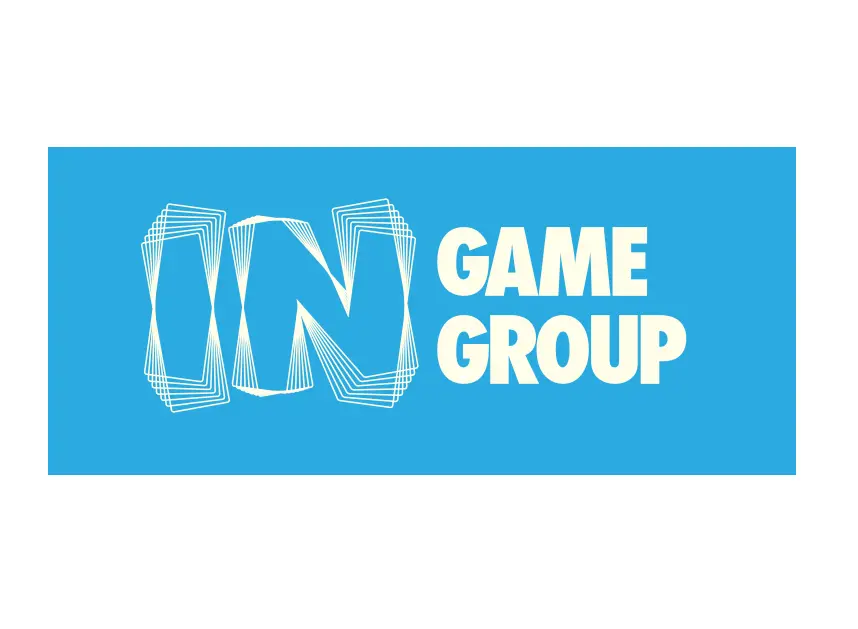Ingame
Ingame optimized its infrastructure and reduced costs while enhancing the gaming experience for its users.
-
 InGame, a leading game developer with over 10 years of experience, is the creator of the popular MMOFPS game Zula. With over 100 employees and offices in Istanbul and Berlin, InGame aims to bring Zula's success in Turkey to the global market.
InGame, a leading game developer with over 10 years of experience, is the creator of the popular MMOFPS game Zula. With over 100 employees and offices in Istanbul and Berlin, InGame aims to bring Zula's success in Turkey to the global market. -
Sector
- Media and Entertainment
-
Number of Employees1.500 Employee
-
Used Product
- Kubernetes
- Block Volume Storage
- Cloud Migration
- Cloud Compute Engine (VPC)
- Content Delivery Network (CDN)
- Light Compute (VPS)
InGame Group Scales Up with DT Cloud's Optimized Gaming Solutions
InGame, a leading game developer with over 10 years of experience, is the creator of the popular MMOFPS game Zula. With over 100 employees and offices in Istanbul and Berlin, InGame aims to bring Zula's success in Turkey to the global market.
Zula's global expansion, which began in late 2016, continues with licensing agreements in various markets such as Brazil, Europe, Iran, and Latin America."
Challenge
InGame, a leading game developer with a popular MMOFPS game called Zula, embarked on a journey to expand its global reach. In its early efforts, InGame collaborated with cloud providers like Google Cloud and Azure. However, these platforms proved to be inadequate in terms of high costs and the scalability and reliability that InGame required.
Solution
Seeking a comprehensive solution, InGame turned to DT Cloud, the leading cloud provider in Turkey. By leveraging DT Cloud's powerful solutions, including CDN, Kubernetes, Security Services, Cloud Infrastructure, and Compute Power, InGame achieved significant improvements.
-
Performance and User Experience BoostThis migration to DT Cloud enabled InGame to achieve major performance improvements for Zula. The combination of cost reduction, enhanced network reliability, and optimized latency resulted in an undeniably superior user experience for its players.
-
Scalability and Cost OptimizationDT Cloud's hyper-scalable infrastructure and Kubernetes implementation empowered InGame to effortlessly expand Zula's reach into new regions. Zula's intelligent resource allocation—using less processing power during off-peak hours and scaling automatically with demand—plays a pivotal role in cost optimization.
-
Low LatencyDT Cloud's hyper-scalable and localized infrastructure significantly enhanced network reliability for InGame's game servers. By utilizing local data centers, latency was reduced to an impressive 3-20ms.
Result
DT Cloud's strategic solutions have significantly strengthened InGame's competitive position in the gaming industry. This partnership has fundamentally transformed the company's IT infrastructure.
Leveraging DT Cloud's hyper-scalable infrastructure and localized Kubernetes implementation, InGame Group has optimized Zula's performance and costs. Zula now dynamically adjusts its processing power based on player demand: decreasing during off-peak hours and automatically scaling as players join. This optimization saves InGame overhead costs and opens up opportunities for expansion into other regions and the development of innovative services.
By partnering with DT Cloud, InGame has achieved operational excellence and positioned itself as a front-runner in the gaming industry. DT Cloud's solutions empower InGame to consistently deliver exceptional performance, cost efficiency, and an unparalleled gaming experience for its players.
Can't find what you're looking for?
Get in touch

